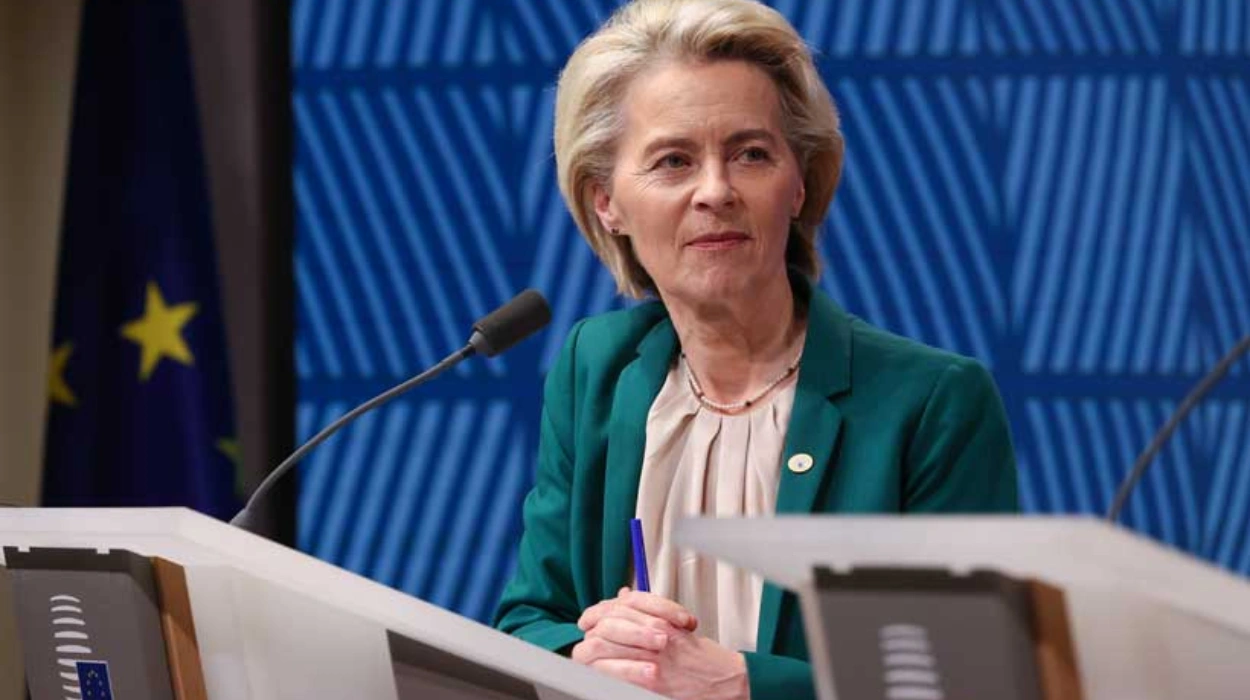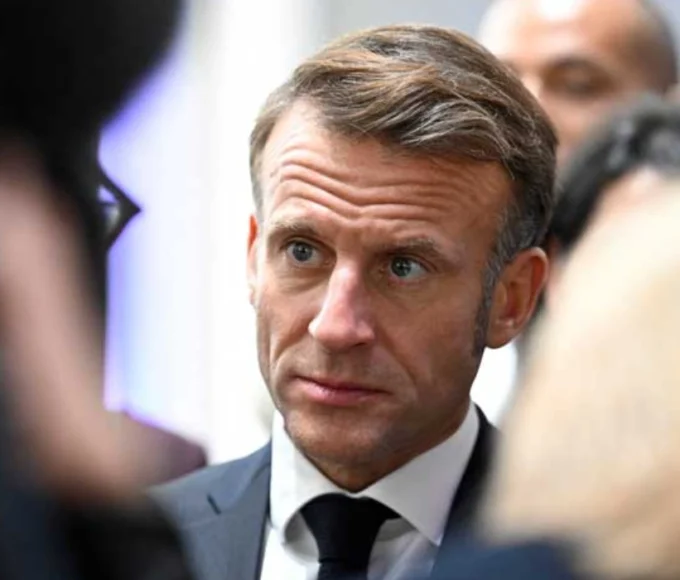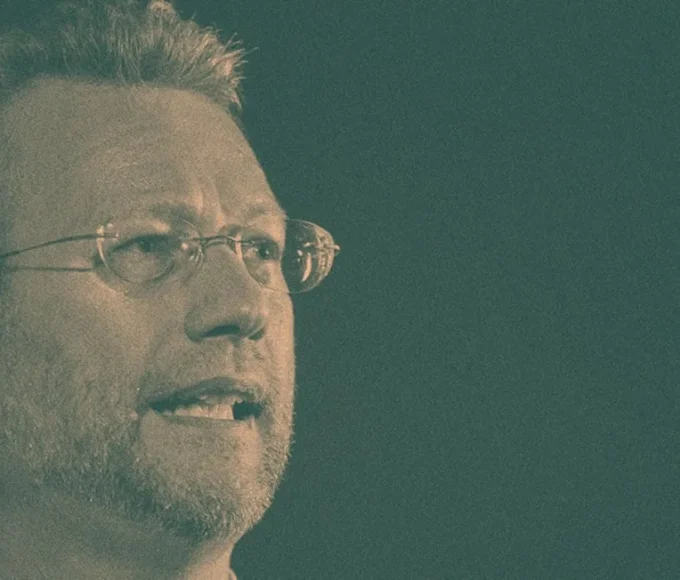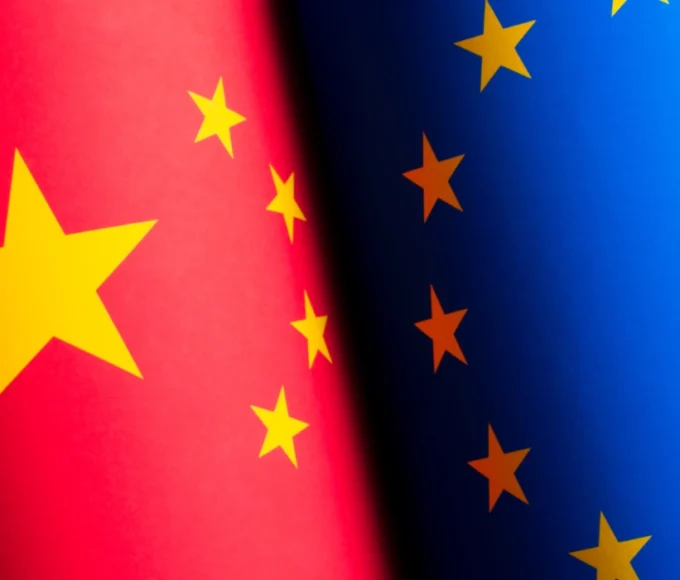European Commission President Ursula von der Leyen finds her leadership under intense scrutiny as she confronts two no-confidence motions within a span of just a few months. The motions, initiated by opposing political groups in the European Parliament, highlight deep divisions over her handling of environmental policies, trade agreements, migration, and foreign affairs. While these motions are unlikely to unseat her, they expose significant challenges and growing dissatisfaction that may reshape the political landscape of the European Union.
The No-Confidence Motions: Origins and Political Backdrop
Dual Challenges from Far-Right and Far-Left Factions
Von der Leyen’s leadership hurdles stem from motions of no confidence spearheaded by two diametrically opposed factions in the European Parliament. The far-right Patriots for Europe (PfE), led by France’s National Party figure Jordan Bardella, and the far-left group known as The Left, including prominent member Cornelia Ernst, have both tabled motions citing divergent grievances but united in their critique of the Commission president’s performance.
Together, these groups capitalized on a surge in parliamentary seats for far-right lawmakers now exceeding 100 making it easier to gather the 72 signatures needed to introduce such motions. The dual proceedings are set to be debated jointly before separate votes in early October 2025, marking an unprecedented moment of political tension in the Parliament.
Key Areas of Discontent
Critiques from the far-right focus on what they describe as von der Leyen’s “misguided” environmental and migration policies, along with allegations of censorship and lack of transparency. The far-left motion, meanwhile, centers on the Commission’s perceived inadequate response to the Gaza humanitarian crisis, demanding suspension of the EU’s association agreement with Israel, sanctions, and a comprehensive arms embargo.
Both camps, despite ideological differences, express sharp opposition to recent EU trade agreements, including the contentious EU-US treaty. Many in Europe view these trade deals as unfavorable, especially concerning European farmers and exporters, with a recent poll indicating that 52% of Europeans see the EU-US trade agreement as a “humiliation” for the continent.
The Political Dynamics and Parliamentary Process
Debates and Expected Outcomes
The European Parliament will hold a joint debate on the no-confidence motions, during which von der Leyen is expected to defend her record and outline her vision moving forward. Following this, the Parliament will vote separately on each motion. Achieving the two-thirds majority required to remove von der Leyen is widely considered improbable, but the process will nevertheless reveal the depth of parliamentary divisions.
Previous No-Confidence Vote
Von der Leyen survived an earlier no-confidence challenge in July 2025 largely led by far-right opposition. Recent developments suggest that while her core support remains intact, fractures are widening even within her traditional allies in groups such as the European People’s Party, the Greens, and the Socialists and Democrats.
Internal and External Pressures
René Repasi, head of the German delegation of the Socialists and Democrats group, emphasized that von der Leyen’s reevaluation will focus less on vote counts and more on her future implementation of policies addressing Europe’s challenges. There exists a shared consensus among some centrist groups about the need for more effective leadership amid a fragmented Parliament.
The rising political polarization reflects broader tensions across the EU, with nationalist and populist forces gaining strength amid debates over sovereignty, migration, economic policy, and external relations. Von der Leyen’s leadership is thus at the crossroads of navigating these turbulent currents.
Criticisms and Leadership Challenges
Environmental and Trade Policy Disputes
Environmental policy criticisms revolve around claims of ineffective climate action and overreach, exacerbated by trade agreements perceived to undermine European competitiveness. The EU-Mercosur deal and the EU-US treaty, both championed during von der Leyen’s tenure, face significant opposition for their impacts on European industries.
Foreign Policy and Humanitarian Concerns
The far-left faction’s grievances highlight a humanitarian dimension, condemning the EU’s insufficient stance on the Gaza conflict. Calls for punitive measures against Israel and a halt to arms supplies demonstrate the party’s demand for a more morally rigorous foreign policy.
Accusations of Opacity and Censorship
Beyond policy matters, von der Leyen’s critics accuse her administration of lacking transparency and suppressing dissent, issues that have fueled the no-confidence campaigns and eroded trust in the Commission’s governance.
Broader Implications for EU Governance
Impact on EU Cohesion and Stability
The twin no-confidence motions encapsulate the growing complexity of EU governance amid rising populism and ideological polarization. They serve not only as a critique of von der Leyen’s leadership but also as a symptom of deeper challenges in achieving consensus across diverse member states and political groups.
Leadership Comparisons and Political Positioning
Von der Leyen’s political standing is further complicated by diminishing influence of other key EU figures, such as European Council President António Costa, and fluctuating political powers within France and Germany. This relative isolation increases pressure on her to unify fragmented factions and deliver on policy promises swiftly.
Reactions and Statements
Von der Leyen herself acknowledges imperfections in some agreements, such as the EU-US trade deal, framing them as necessary compromises in a complex geopolitical landscape. She insists on the importance of maintaining European economic interests while adapting to global realities.
Political allies emphasize the need for pragmatic leadership focused on policy implementation rather than symbolic votes. Nonetheless, critics remain vocal, demanding greater responsiveness and transparency.
Ursula von der Leyen’s leadership faces its most serious parliamentary test yet with the introduction of two separate no-confidence motions in October 2025. Coming from polarized corners of the European Parliament, these challenges reflect widespread frustration over her management of contentious issues like climate policy, trade agreements, foreign relations, and democratic transparency.
While her removal is unlikely, the proceedings expose vulnerabilities and the precarious balancing act required to govern a deeply divided European Union. The outcome will not only shape von der Leyen’s political future but also signal the EU’s capacity to grapple with internal dissent amid an evolving global context.
The intensified scrutiny calls for renewed focus on effective policy delivery, coalition-building, and open dialogue to restore confidence in EU institutions, as Europe confronts pressing economic, environmental, and geopolitical challenges in the years ahead.









